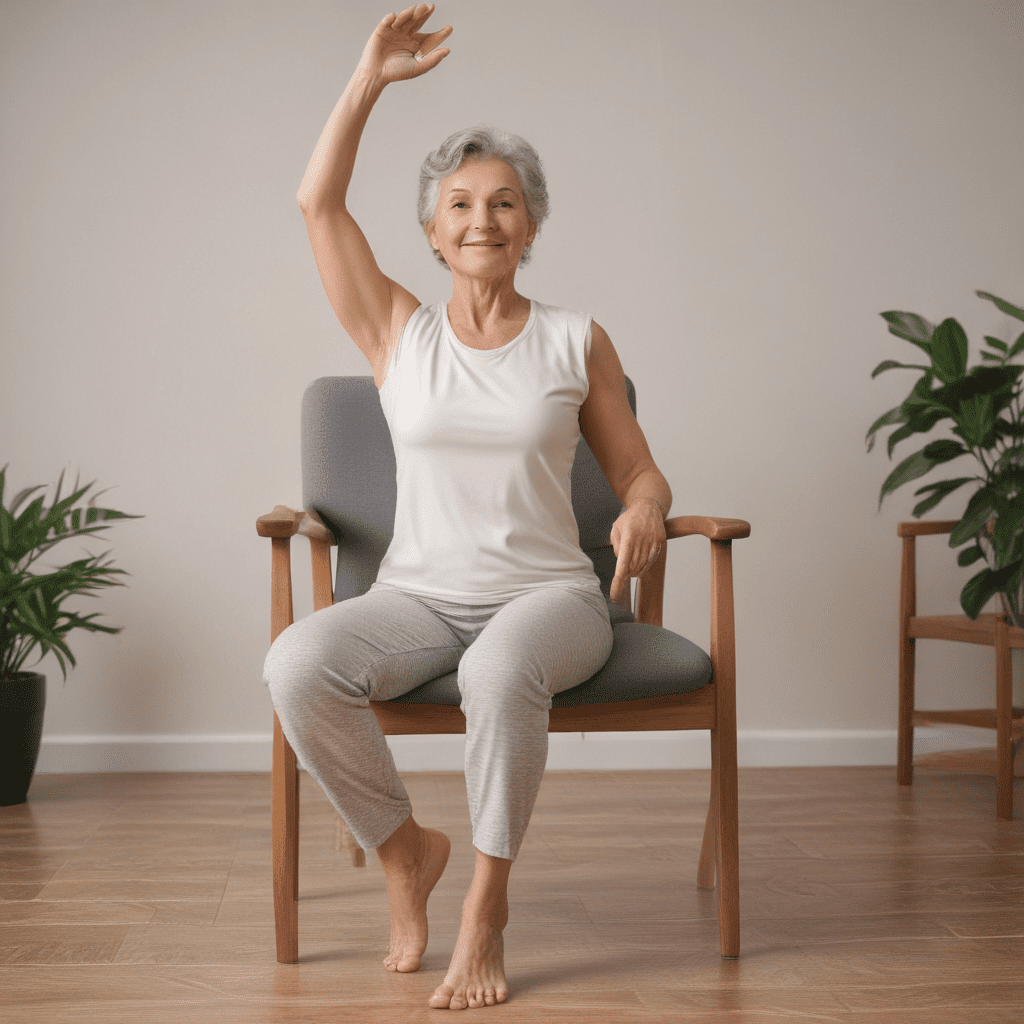Stabilizing Your Squat: Understanding Knee Shaking During Exercise
Why Do My Knees Shake When I Squat?
One common issue many individuals experience when performing squats is knee shaking. This involuntary movement can be concerning and may raise questions about form, strength, or stability. In this article, we will delve into the reasons why your knees may shake during squats and provide practical tips to address and prevent this issue.
The Role of Muscles in Squatting
Before we explore the potential causes of knee shaking, it is essential to understand the muscles involved in the squatting motion. The quadriceps, hamstrings, glutes, and muscles in the lower leg all play significant roles in stabilizing the knee joint during squats.
1. Weak Muscles
One possible reason for knee shaking during squats is weak muscles. If your quadriceps, hamstrings, or glutes are not adequately strong, they may struggle to maintain the stability required for proper squatting form. This lack of stability can lead to knee shaking as your body attempts to compensate.
2. Poor Form or Technique
Improper form or technique while performing squats can also contribute to knee shaking. Incorrect foot placement, shifting weight too far forward or backward, or failing to engage the right muscles can all affect the stability of your knees during the exercise.
3. Joint Imbalances or Instabilities
Individuals with joint imbalances or instabilities may experience knee shaking when squatting. These imbalances can be due to previous injuries, anatomical differences, or muscular imbalances. Consulting with a physical therapist or exercise professional can help identify and address any underlying joint issues.
4. Lack of Warm-up or Mobility
Skipping a proper warm-up or neglecting mobility exercises can contribute to knee shaking during squats. Without adequately preparing your muscles and joints for the challenging movements of squats, your body may struggle to maintain stability, leading to knee shaking.
5. Overtraining or Fatigue
Prolonged or intense training sessions without sufficient rest and recovery can lead to muscle fatigue. Fatigued muscles may not be able to provide the necessary stability during squats, resulting in knee shaking. It is crucial to listen to your body, prioritize rest, and avoid overtraining.
6. Neuromuscular Factors
Knee shaking during squats can also be influenced by neuromuscular factors. These include issues with motor control, muscle coordination, or even psychological factors such as anxiety or fear. Focusing on properly activating and engaging the appropriate muscles can help improve neuromuscular control and reduce knee shaking.
Tips to Address Knee Shaking During Squats
Now that we have discussed some potential causes of knee shaking during squats, let’s explore practical tips to address and prevent this issue:
1. Strengthen Your Muscles
Focus on strength training exercises that target the quadriceps, hamstrings, and glutes. Gradually increasing the resistance and intensity of these exercises can help improve muscle strength and stability, reducing knee shaking during squats.
2. Perfect Your Form
Ensure that you are using proper squatting form and technique. Seek guidance from a certified fitness professional to correct any form errors, such as improper foot placement or weight distribution. Practicing proper form consistently can help stabilize your knees during squats.
3. Address Joint Imbalances
If you suspect joint imbalances or instabilities, consult with a physical therapist or exercise professional. They can provide targeted exercises and stretches to address any underlying issues and improve joint stability during squats.
4. Warm Up and Mobilize
Always warm up before any workout, particularly before engaging in squats. Incorporate dynamic stretches and mobility exercises that target the muscles and joints involved in the squatting motion. This can help improve range of motion and reduce knee shaking.
5. Prioritize Rest and Recovery
Ensure you are giving your muscles sufficient rest and recovery time between workouts. Allow your body to heal and rebuild, reducing the chances of muscle fatigue and knee shaking during squats.
6. Focus on Mind-Muscle Connection
Pay close attention to the specific muscles being used during squats. Practice activating and engaging the quadriceps, hamstrings, and glutes intentionally. Developing a strong mind-muscle connection can enhance neuromuscular control and minimize knee shaking.
Frequently Asked Questions (FAQ)
Q: Can knee shaking during squats lead to injuries?
A: While knee shaking during squats can be concerning, it is generally not harmful or indicative of severe injuries. However, if you experience pain or discomfort along with the knee shaking, it is recommended to seek guidance from a healthcare professional.
Q: How long will it take to reduce knee shaking during squats?
A: The time it takes to reduce knee shaking during squats varies for each individual. Consistently practicing proper form, strengthening your muscles, and addressing any underlying issues can lead to improvements over time.
Q: Should I continue squatting if my knees shake?
A: If your knees shake during squats but you are not experiencing pain or discomfort, it is generally safe to continue the exercise. However, it is essential to prioritize proper form and muscle activation to minimize knee shaking and prevent any potential injuries.
Q: Are there any alternative exercises for individuals with persistent knee shaking?
A: If knee shaking persists or becomes problematic, there are alternative exercises that can provide similar benefits to squats without the same level of stress on the knees. Examples include lunges, step-ups, or using resistance machines that provide additional stability.
Q: Can knee shaking be reduced through stretching?
A: While stretching can improve overall flexibility and mobility, it may not directly address the underlying causes of knee shaking during squats. Incorporating targeted strength training exercises and addressing any muscular or joint imbalances are more likely to yield better results.
Conclusion
Knee shaking during squats can be a frustrating issue, but with the right approach, it is often possible to address and reduce this movement. By focusing on proper form, strengthening the relevant muscles, and addressing any underlying imbalances, you can stabilize your squat and continue progressing towards your fitness goals.


